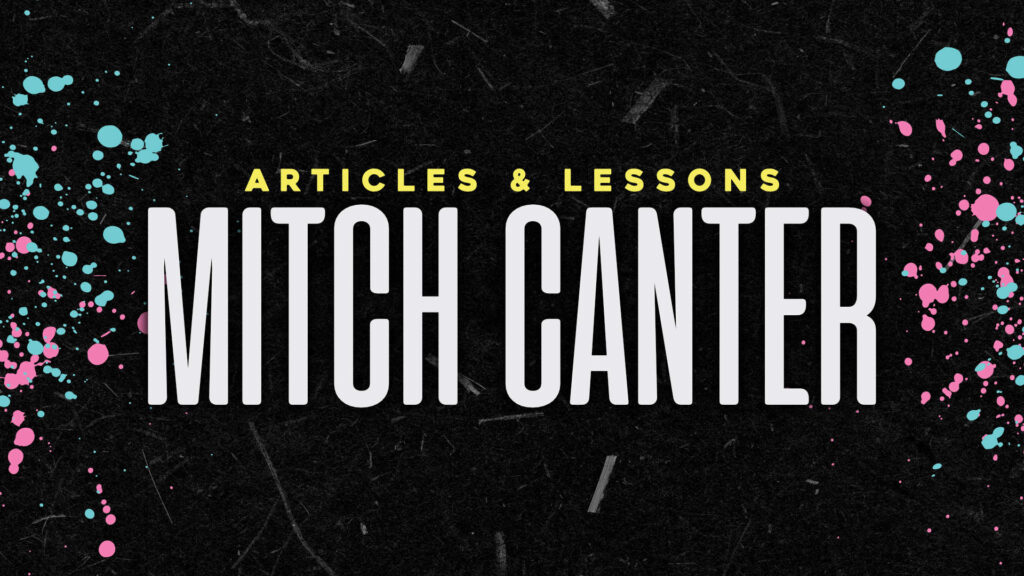A lot of people don’t know this, but before I dove head first into the realm that is web-design and social media, I used to do door-to-door sales. Yup, hard-core street-pounding invasion type door-to-door sales. It was for a local company here in Nashville called Stallion, Inc, and the whole idea was severely based on the “get in, get out” mentality. “If you don’t purchase my product now, this deal will be long gone!”.
I always left work feeling a little uneasy about that approach. Years later, my suspicions would be confirmed, especially after seeing the reports online about how Stallion was scamming and mistreating customers.
I thought I had gained a lot of “sales knowledge” out of that job, but it turns out that I was forcing people to answer questions that they weren’t really wanting to answer. Tactics like “yes-yes” questions (asking questions that force a positive answer instead of a negative answer) and leading questions (questions that would lead a consumer into the “right” answers). Granted, I know those are taught in sales classes all over the country, but I still have to ask the question: Does that really work anymore?
If you walk into a car lot, do you walk in expecting to be swayed by a sleazy, Hawaiian-shirt wearing guy with a cigar? Do you walk in with the negative expectation that someone is going to try to “scam” you? We as a culture have been inundated with the mindset that we can’t be “sold”. We can’t be tricked or persuaded into buying something that we don’t need. And we certainly can’t be convinced that a product is better – it’s our job to figure it out and make that decision.
To answer my question above, no. I don’t believe that hard-selling works anymore, simply because we as a culture have become immunized to it.
Instead, social media has brought to the table a form of selling that was prevalent in the early days of capitalism in the United States: relationship selling (or relationship marketing). The saying goes that we buy from people we trust, or people that are like us. The mom-and-pop stores of old had this philosophy when they did business. They knew everyone that came into the store and, chances are, could even predict what people wanted before they asked for it. Questions about family, friends, and how life was going were asked, and the sales person genuinely cared about the clients.
It’s quickly becoming the de-facto standard for doing business on the Internet. As a service or goods provider, we have a great opportunity to really change the lives of clients, simply by caring.
A great example of this was done, to me personally, by the people over at FreshBooks. Basically, they sent me a care package with lots of cool stuff, and a personal gift because I was moving into a new house. They took the time to realize I was moving, tailored a gift to that event, and responded. I will be a FreshBooks customer for life now, not just because of the gift, but because they took the time to get to know me as a person, and not just as an invoice number.
So, in short, if you are relying on hard-selling, with little results, then maybe it’s time to wake up and really see what people want. They don’t want someone who in 10 minutes will forget your name. They want someone who will be their friend, partner with their business or with them as a person, and grow with them.
What steps are you doing to get to know your customers better?


